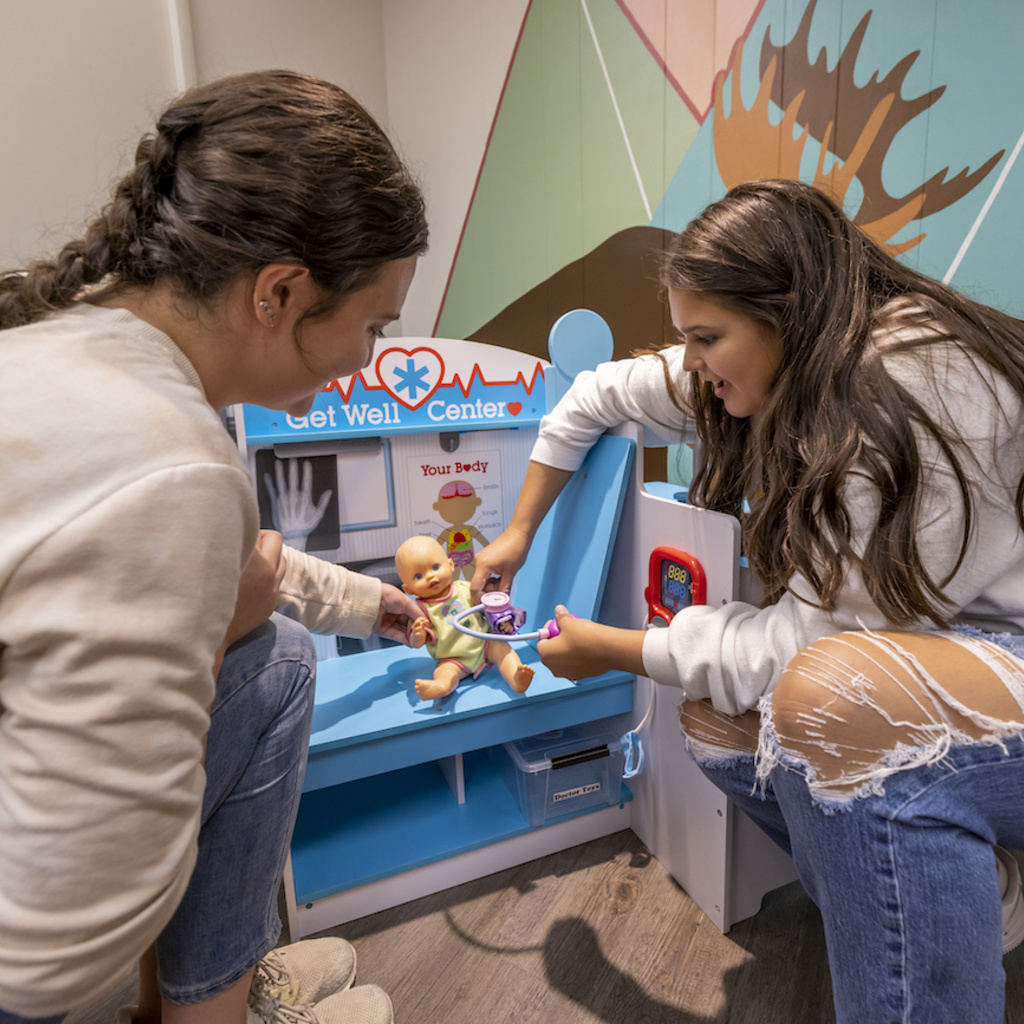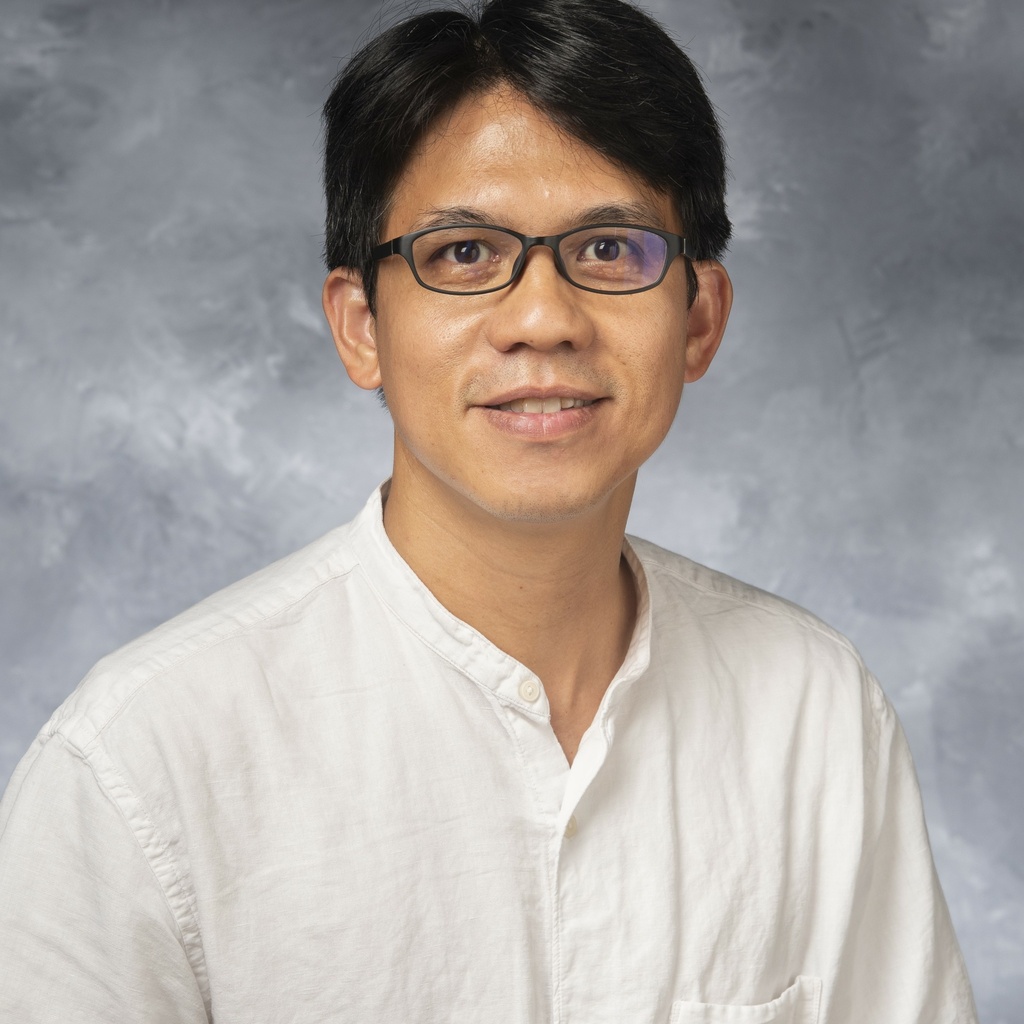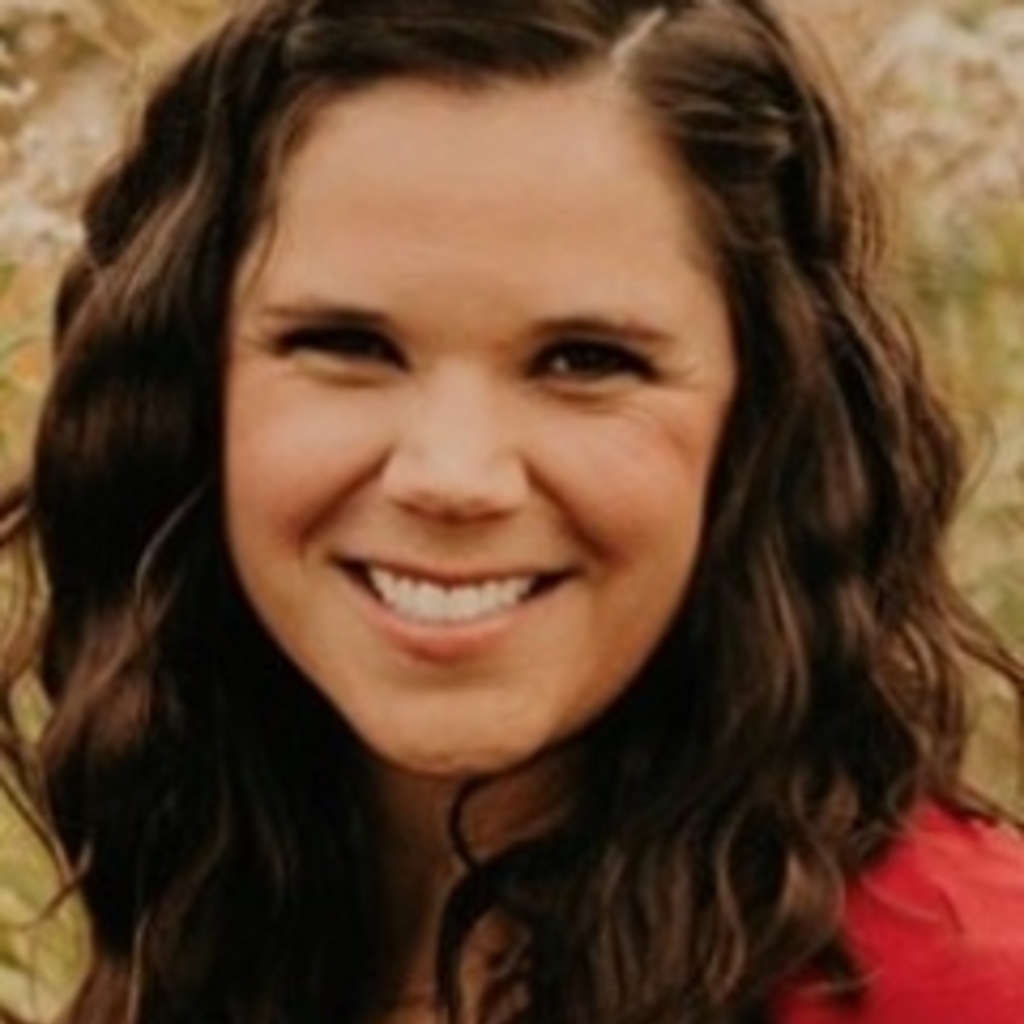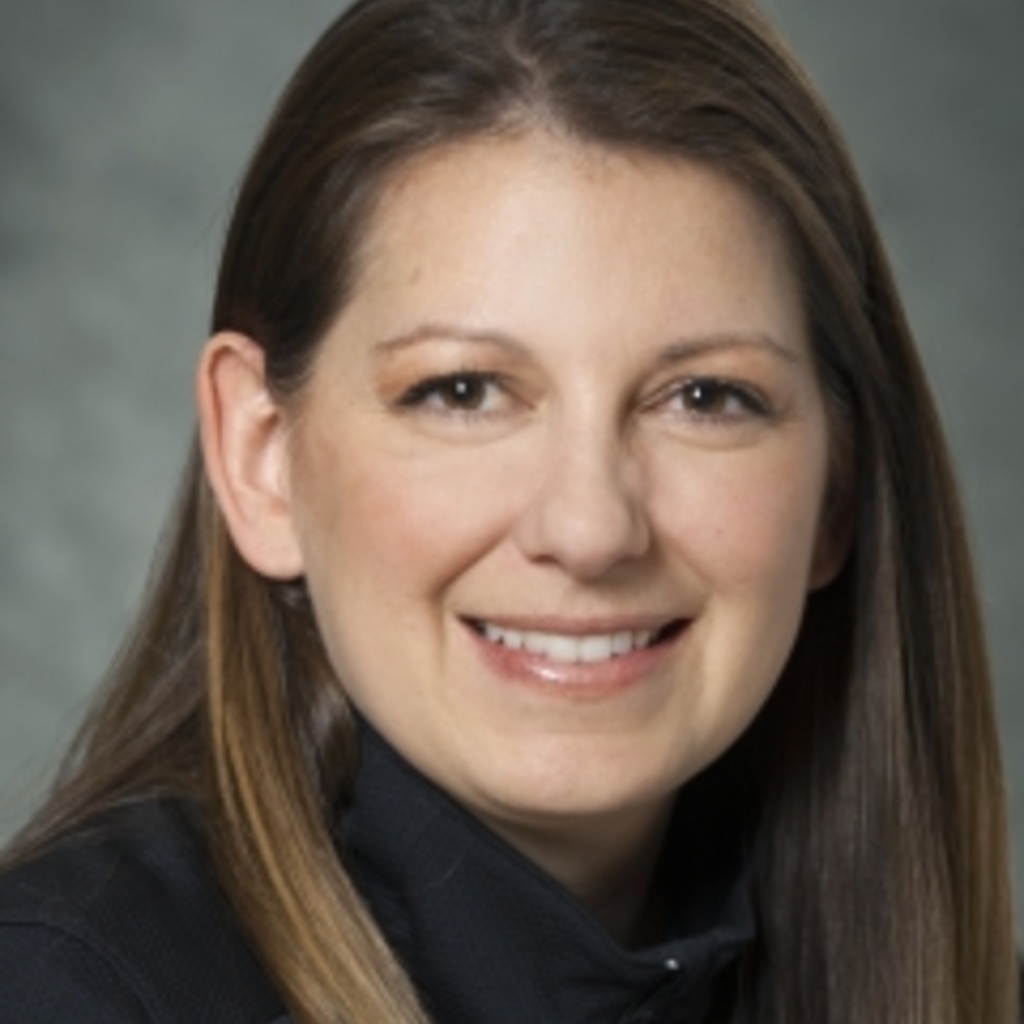Main navigation
Earn your BS in Therapeutic Recreation
The therapeutic recreation program prepares students for professional work with persons in various underserved populations and as advocates for social inclusion. The major emphasizes the use of a systematic process of assessment, planning, implementation, and evaluation to provide equitable opportunity for recreation, leisure, and play by diverse populations.
The curriculum consists of two tracks designed to allow students to acquire in-depth knowledge in their chosen area of interest. The courses in each track provide an opportunity for students to tailor the degree to best fit their career goals and academic interests. The inclusive recreation track (57–60 semester hours) allows students to gain knowledge in a variety of domains related to adaptive and inclusive recreation. Students may choose to focus on a certain population or diversify their experience through their curriculum design. The National Council on Therapeutic Recreation Certification (NCTRC) track (63–66 semester hours) focuses on developing therapeutic recreation competencies necessary to sit for the National Council on Therapeutic Recreation Certification examination and successfully pursue a career in clinical or community therapeutic recreation.
The Bachelor of Science with a major in therapeutic recreation requires a minimum of 120 semester hours, including 57–66 semester hours of work for the major, which varies by track. Students must maintain a grade-point average (GPA) of at least 2.00 in all courses for the major and in all UI courses for the major. They also must complete the College of Liberal Arts and Sciences GE CLAS Core.
Learning outcomes
The BS degree in therapeutic recreation:
- Instills an understanding and appreciation of leisure, recreation, and play in diverse and inclusive settings
- Prepares students for professional fields and/or graduate study through the integration of research and critical thinking
- Provides service and experiential learning to enhance students' leadership strengths and their ability to build therapeutic relationships
- Teaches critical skills necessary in inclusive practice to assess, plan goals, design appropriate interventions, and evaluate effectiveness
- Instructs students in the practice of inclusion for persons of diverse abilities, backgrounds, and cultures
- Teaches students how to facilitate inclusive and therapeutic recreation programs
Experience therapeutic recreation at Iowa

Pediatric play lab opens as part of Therapeutic Recreation and Child Life programs
The University of Iowa’s Department of Health and Human Physiology has opened its Pediatric Play Lab in the Field House. In addition to its use for hands-on learning in the classroom, the Pediatric Play Lab is also a space for facilitating research for both faculty and students.

Meet Drax
Learn how Drax is incorporated in the therapeutic recreation and child life programs, the benefits a program therapy animal brings to your campus experience, and where and when to find Drax in person.
U2G in Health and Human Physiology, Sub-Track Child Life
Program overview
The combined program allows qualified students to begin work toward a master's degree while they complete their bachelor's degree. It permits students to count certain courses toward both degrees, completing them in less time than they would need to complete each degree separately.
The completion of the two degrees in five years is designed for students who wish to pursue a career providing services to children and their families, primarily in the health care field. Graduates are eligible to be credentialed professionals in child life (certified child life specialist). They fill positions such as child life specialist, activity director, or administrative positions.
Students follow the standard curriculum of their BA/BS degree the first two years and complete all the prerequisite courses for the MS degree in health and human physiology with a child life subprogram during the third year. Successful students receive a BA/BS at the end of the fourth year and a MS at the end of the fifth year.
Program qualifications
Applicants to the combined program must:
- Be enrolled as a BA/BS student at the University of Iowa
- Have completed a minimum of 80 semester hours at the time of admission to the combined program, with at least 30 semester hours earned at the University of Iowa
- Have a cumulative University of Iowa GPA of at least 3.25
- Have completed all GE CLAS Core requirements and all prerequisites
- Human anatomy
- Medical terminology
- Two child development courses (focus on children 0-18)
- Strongly recommended—an introductory course in child life
U2G program application process
Applicants must submit a letter of application to the program that includes a statement of purpose, a résumé and three letters of recommendation.
Each application is reviewed by the program and requires support from the applicant's undergraduate advisor. Recommendations for approval will be sent to the Office of Graduate Admissions. Applicants must meet the admission requirements of the Graduate College; see the Manual of Rules and Regulations on the Graduate College website.
COMPLETE THE APPLICATION FOR THE UI GRADUATE PROGRAM
Materials you will need to include:
- Your personal statement
- Your transcript (unofficial is fine at this stage)
- A current resume/curriculum vitae
- The names and contact information for three letters of recommendation (letter writers will submit their letters electronically through the Office of Admissions application, a process that you will be able to monitor)
- GRE Scores are NOT required
Create your academic path
You'll find degree overviews, requirements, course lists, academic plans, and more to help you plan your education and explore your possibilities.
Current course list
The MyUI Schedule displays registered courses for a particular session and is available to enrolled students. The list view includes course instructors, time and location, and features to drop courses or change sections.
Questions?

Emily Mozena
Therapeutic recreation faculty

Chih-Chia (JJ) Chen

Gayle Dombroski

Kristina Gordon

Adrienne Johnson

Emily Mozena
